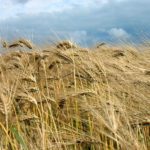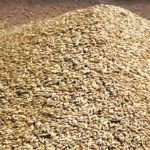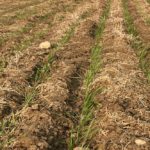North Dakota | Reuters – Wheat yield potential in south central North Dakota is trending above average, with the crop benefiting from ideal weather following a wet spring that delayed planting, scouts on annual tour found on Tuesday. “This is really good wheat for out here,” said Dave Green, executive vice president of the Wheat













